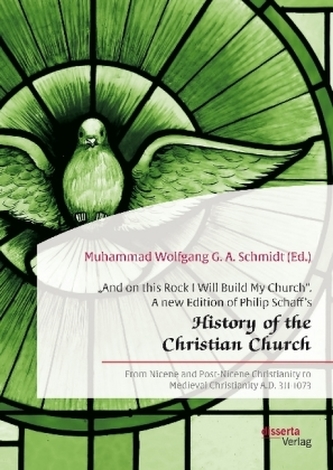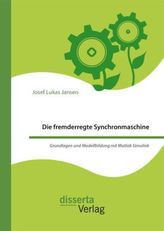And on this Rock I Will Build My Church. Vol.2
8
%
1477 Kč 1 602 Kč
Sleva až 70% u třetiny knih
Textprobe:
CHAPTER II THE LITERARY TRIUMPH OF CHRISTIANITY OVER GREEK AND ROMANHEATHENISM:
[...].
9). Julian's Attack upon Christianity:
For Literature comp. 4 p. 39, 40.
The last direct and systematic attack upon the Christian religion proceeded from the emperor Julian. In his winter evenings at Antioch in 363, to account to the whole world for his apostasy, he wrote a work against the Christians, which survives, at least in fragments, in a refutation of it by Cyril of Alexandria, written ab-out 432. In its three books, perhaps seven (Cyril mentions only three{In the preface to his refutation, Contra Jul. i. p. 3: But Jerome says, Epist. 83 (tom. iv. p. 655): Julianus Augustus septem libros, in expeditione Part-hica [or rather before he left Antioch and started for Persia], adversus Christianos vomuit.}), it shows no trace of the dispassionate philosophical or historical appreciation of so mighty a phenomenon as Christianity in any case is. Julian had no sense for the fundamental ideas of sin and redemption or the cardinal virtues of humility and love. He stood entirely in the sphere of naturalism, where the natural light of Helios outshines the mild radiance of the King of truth, and the admiration of worldly greatness leaves no room for the recognition of the spiritual glory of self-renunciation. He repeated the arguments of a Celsus and a Porphyry in modified form; expanded them by his larger acquaintance with the Bible, which he had learned according to the letter in his clerical education; and breathed into all the bitter hatred of an Apostate, which agreed ill with his famous toleration and entirely blinded him to all that was good in his opponents. He calls the religion of the Galilean an impious human invention and a conglomeration of the worst elements of Judaism and heathenism without the good of either; that is, without the wholesome though somewhat harsh discipline of the former, or the pious belief in the gods, which belongs to the latter. Hence he compares the Christians to leeches, which draw all impure blood and leave the pure. In his view, Jesus, the dead Jew, did nothing remarkable during his lifetime, compared with heathen heroes, but to heal lame and blind people and exorcise daemoniacs, which is no very great matter.{Cyril has omitted the worst passages of Julian respecting Christ, but quotes the following (Contra Jul. l. vi. p. 191, ed. Spanh.), which is very characteristic: Jesus, who over-persuaded much [...] the lowest among you, some few, has now been talked of [...] for three hundred years, though during his life he performed nothing worth mentioning [...], unless it be thought a mighty matter to heal the cripples and blind persons and to exorcise those possessed of demons in the villages of Bethsaida and Bethany [...]. Dr. Lardner has ingeniously inferred from this passage that, Julian, by conceding to Christ the power of working miracles, and admitting the general truths of the gospel traditions, furnishes an argument for Christianity rather than against it.} He was able to persuade only a few of the ignorant peasantry, not even to gain his own kinsmen.{Jno. vii. 5.} Neither Matthew, nor. Mark, nor Luke, nor Paul called him God. John was the first to venture so far, and procured acceptance for his view by a cunning artifice.{Neither Paul, he says (Cyr. l. x. p. 327), nor Matthew, nor Luke, nor Mark has dared to call Jesus God. But honest John [...], understanding that a great multitude of men in the cities of Greece and Italy were seized with this distemper; and hearing likewise, as I suppose, that the tombs of Peter and Paul were respected, and frequented, though as yet privately only, however, having heard of it, he then first presumed to advance that doctrine.} The later Christians perverted his doctrine still more impiously, and have abandoned the Jewish sacrificial worship and ceremonial law, which was given for all time, and was declared irrevocable by Jesus himself {Matt. v. 17-19 .}.
| Autor: | Schaff, Philip |
| Nakladatel: | disserta |
| Rok vydání: | 2017 |
| Jazyk : | Angličtina |
| Vazba: | Paperback / softback |
| Počet stran: | 774 |
Mohlo by se vám také líbit..









